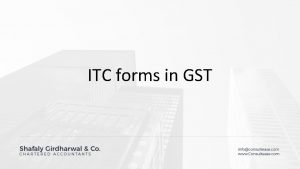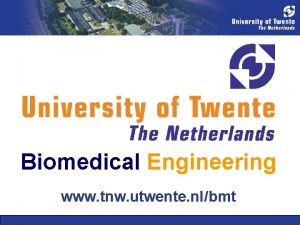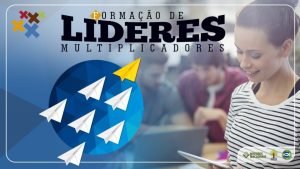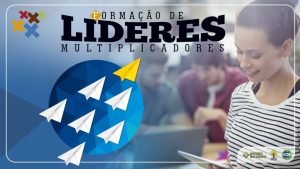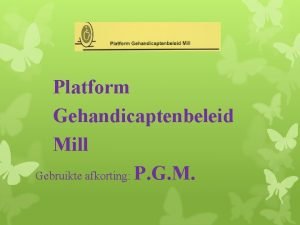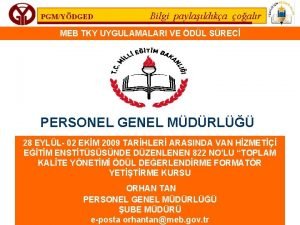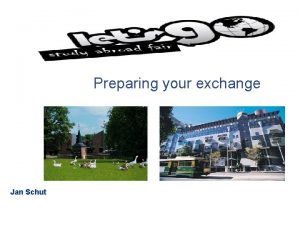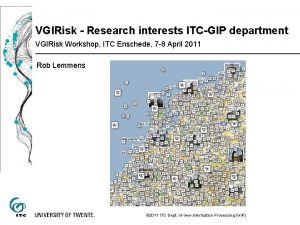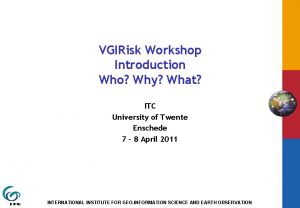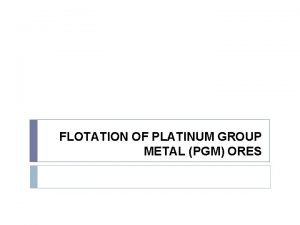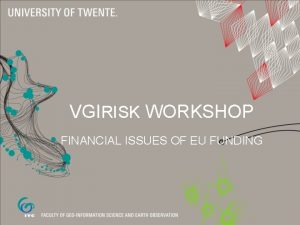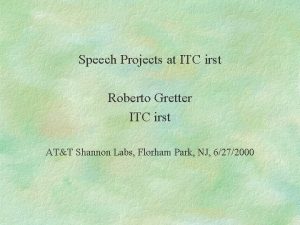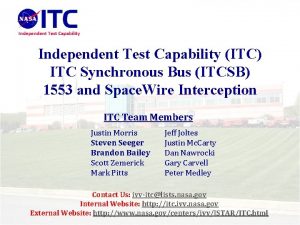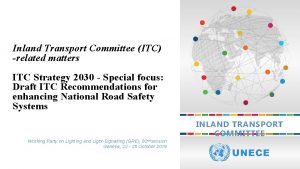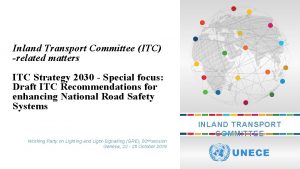PGM Department ITC University of Twente VGIRisk Workshop













- Slides: 13

PGM Department ITC University of Twente VGIRisk Workshop ITC, University of Twente, Enschede 7 – 8 April 2011 INTERNATIONAL INSTITUTE FOR GEO-INFORMATION SCIENCE AND EARTH OBSERVATION

PGM Department in ITC § The Faculty of Geo-Information Science and Earth Observation of the University of Twente has a heritage of 60 years of research, education and capacity development in acquiring, analysing and applying geospatial information in a development context.

PGM Department in ITC § PGM is the Department of Urban and Regional Planning and Geo-Information Management § Primary interests in governance and geoinformation, environmental policy, urban and regional planning, transport and infrastructure and land administration § Research theme: PLUS People, Land, and Urban Systems

Staff in the VGIRisk Field § Yola Georgiadou § § Javier Martinez Michael Mc. Call Gianluca Miscione Richard Sliuzas § Jeroen Verplanke § governance & geo-spatial information § urban indicators § participatory planning § Governance § urban planning, informal development § Participatory sensing and VGI

Capabilities and Expertise § GIS analysis and applications § Remote sensing applications § Participatory social research methodology, participatory GIS § Analysis of governance in geospatial information § Citizen Science § Urban social planning & management § Environmental & Disaster Risk analysis § Policy analysis

Experiences and Practice § Human Sensor Webs, domestic water supply § Participatory GIS, Disaster Risk Management § Participatory mapping urban local information – children’s environments, urban hazards § Urban Quality of Life indicators § Health information systems participatory design § success/failure of SDI / Digital Earth § E-commerce East Africa § E-grievance redressal systems

PGM’s growth into VGI and CO 23 18 13 37 12 12 12 15 12 12

PGM’s growth into VGI and CO

PGM’s growth into VGI and CO

Interests in the two Calls § Analyse characteristics of local spatial knowledge transfer and understanding in VGI /CO situations § Comparative qualities of geospatial knowledge transfer– via sensors, human sensors, participatory mapping, remote sensing § Design of VGI and CO systems for understanding, for validity, and effectiveness § Policy issues § Applications to urban environmental issues: urban risk and hazards, Qo. L

analytical problems § analyse “participation” eg. who provides the information? who are the ‘volunteers’? Who are ‘excluded’? § appropriate ‘degree of participation’ for tasks § Human sensors vis-a-vis PGIS vis-a-vis physical sensors (remote & ground) § determine criteria for appropriate standards in VGI / CO. § how measure reliability / validity of the information received? what criteria ?

Citizenship § who are the clients for the information from COs / VGI? public govt. , or private, or citizens groups? focussed or open access to the information? § problem-focussed or ‘open-destination’ delivery ? § how to measure trust in both directions? how to strengthen trust? ,

Questions?
